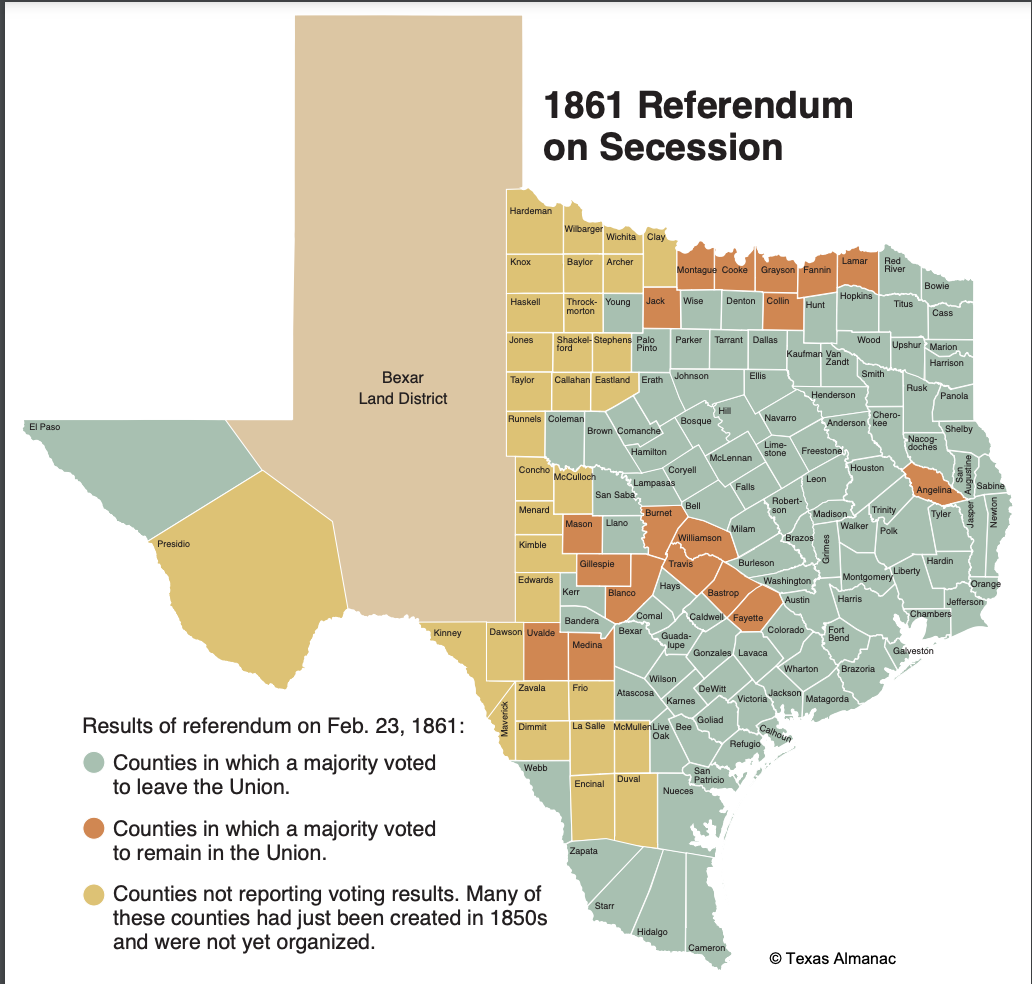The Difficulties and Consequences of Texas Secession
Loss of Federal Funding and Support
Texas receives more federal funding than its citizens pay in taxes. As an independent nation, Texas would lose billions of dollars in annual funding for schools, universities, healthcare, infrastructure, and other vital programs and services. To make up for this lost revenue, Texas would need to enact deep budget cuts or raise taxes significantly. Either option would harm the state’s economy and quality of life.

Withdrawal of Military Assets and Jobs
The US military pullout from Texas would destroy tens of thousands of jobs at bases across the state. Major installations like Fort Hood and Ellington Field would relocate, gutting the economies of cities like Killeen and Houston. Major airline hubs in Dallas and Houston depend on federal contracts; their relocation to other states would cost thousands more jobs. Losing this military and aviation infrastructure would deal a devastating blow to Texas.
Increased Vulnerability in Disasters
As an independent nation, Texas would lose FEMA support during hurricanes, floods, wildfires and other natural disasters. Rebuilding the state’s emergency management agency from scratch would require huge investments and take years. In the interim, Texans would have to rely solely on state and local resources to cope with the next disaster, putting many lives at risk. Without FEMA or U.S. support, all Texans would face greater hardship and costs from extreme weather.
The Economic Toll of Trade Barriers
Texas exports over $250 billion in goods each year to countries around the world. As a newly independent nation, Texas would need to negotiate its own trade agreements and tariffs instead of benefitting from existing U.S. deals. Other countries may erect new trade barriers specifically targeting Texas to gain political leverage. This disruption to trade flows could damage many industries and raise consumer costs, damaging the Texas economy for years. Building diplomatic and trade relations from scratch abroad would require massive investments of time and money.
Risk of Internal Fragmentation
By claiming secession is legal, Texas opens the door for parts of its own territory to make the same claim. Liberal cities like Austin and Houston may refuse to join a right-leaning breakaway state and instead remain part of the U.S. Border communities could vote to reunify with Mexico. Without the legitimacy of hundreds of years of history as a U.S. state, Texas would struggle to hold its disparate regions and peoples together as a nation. Internal divisions and conflict would threaten its stability from within.
Loss of International Recognition and Representation
Most countries only recognize independence moves that settle territorial disputes peacefully. Few nations would risk tensions with the U.S. by immediately recognizing an unapproved Texas. Without diplomatic recognition, Texas would have no representation in the United Nations or any other international body. It could not turn to organizations like the World Bank or IMF for aid if disaster struck. Building legitimacy as an independent nation from nothing internationally would be slow, costly process fraught with risk. Texas would start at a severe geopolitical disadvantage.
Transition Difficulties and Economic Uncertainty
Separating an entire economy, society and government from the United States virtually overnight would create unprecedented chaos and upheaval. Businesses may flee amid uncertainty over regulations, currency and trade. Government services and benefits transitions would cause widespread disruption. The Texas power grid could collapse under this strain after recent weather-related failures. Resolving these systemic issues and restoring confidence would take untold resources and many years of painful reforms. Many Texans would likely choose to migrate elsewhere rather than endure such a risky process.
In conclusion, secession would subject Texas to immense economic, social and political difficulties with very uncertain prospects for stability or success as an independent nation in the long run. Pushing for autonomy through extra-legal means threatens more harm than good and goes against American democratic values. Texans are best served remaining part of the broader United States through open dialogue and civic participation within existing constitutional frameworks.